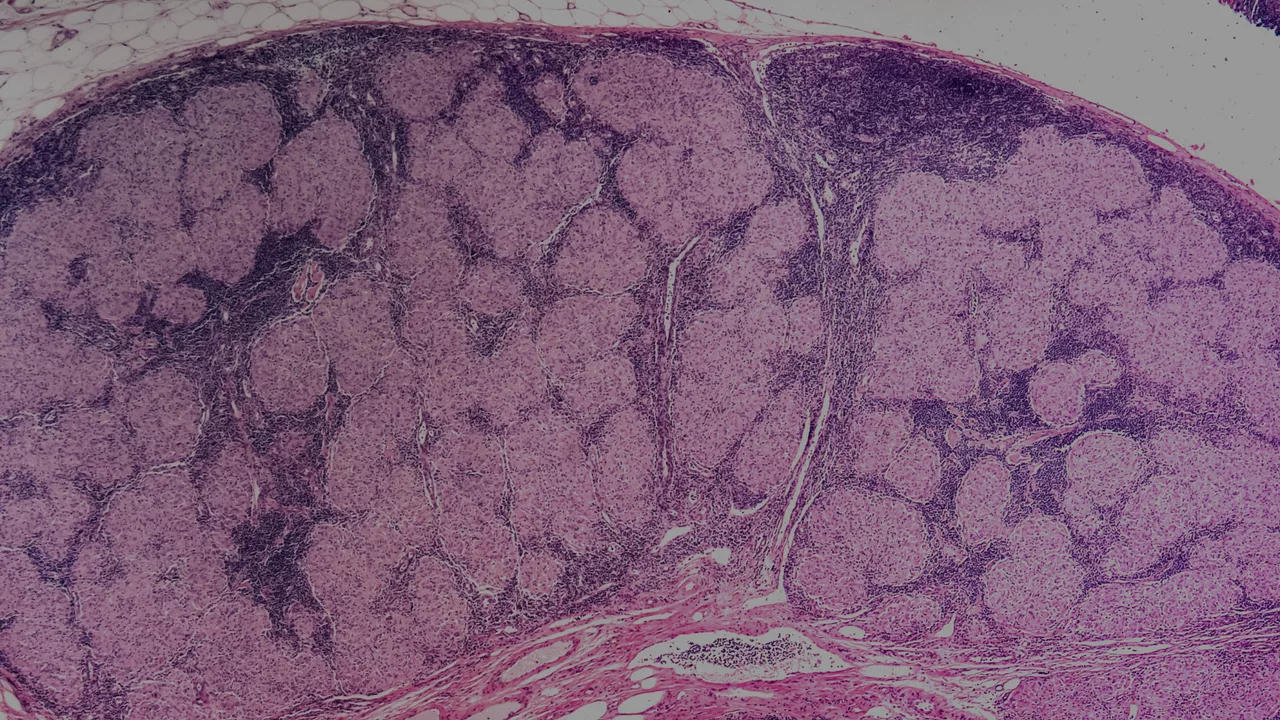Understanding Sarcoidosis
Sarcoidosis is a mysterious disease that often attacks the lungs and lymph glands, but it can also affect other organs in the body. This inflammatory disease produces granulomas, or clumps of abnormal tissue, which can interfere with an organ's structure and function. The exact cause of sarcoidosis is unknown, but it is believed to be caused by an abnormal immune response. Symptoms can vary greatly, with some people showing no symptoms at all, while others have chronic and severe disease. Currently, there is no cure for sarcoidosis, but treatments can help to manage symptoms and prevent organ damage.
Introduction to Atorvastatin
Atorvastatin, popularly known as Lipitor, is a medication that is primarily used to lower cholesterol and prevent heart disease. It belongs to a class of drugs known as statins, which work by blocking a substance needed by the body to make cholesterol. This helps to prevent the build-up of plaque in the arteries, reducing the risk of heart attack and stroke. However, recent studies have suggested that atorvastatin may have additional benefits in treating inflammatory diseases like sarcoidosis.
Atorvastatin's Role in Treating Sarcoidosis
Recent research has suggested a promising role for atorvastatin in the treatment of sarcoidosis. It appears that the anti-inflammatory properties of atorvastatin can help to reduce the formation of granulomas in sarcoidosis. This could potentially slow down the progression of the disease and its damaging effects on the body's organs. Although more research is needed, these initial findings are encouraging and suggest that atorvastatin could be a valuable addition to the treatment options for sarcoidosis.
The Science Behind Atorvastatin's Potential
Atorvastatin's potential in treating sarcoidosis lies in its anti-inflammatory properties. Inflammation is a key part of the body's immune response, but when it becomes chronic or uncontrolled, it can lead to disease. In sarcoidosis, the immune system produces granulomas in response to an unidentified trigger. Atorvastatin has been shown to reduce inflammation and inhibit the formation of these harmful granulomas, potentially providing a new way to treat this complex disease.
Benefits and Risks of Atorvastatin for Sarcoidosis
The potential benefits of atorvastatin for sarcoidosis are promising. If further research confirms its effectiveness, it could provide a new, non-invasive treatment option for patients. However, like all medications, atorvastatin does come with some risks. The most common side effects are mild and include symptoms such as headache, stomach pain, and muscle aches. More serious side effects can include liver damage, although this is rare. As always, patients should discuss the potential risks and benefits with their doctor before starting a new medication.
Current Research and Future Prospects
Although the role of atorvastatin in treating sarcoidosis is still being explored, the initial research is promising. Several studies have shown that atorvastatin can reduce inflammation and inhibit granuloma formation in sarcoidosis. However, more research is needed to fully understand its potential benefits and risks. The future looks hopeful, and ongoing research is likely to shed more light on the potential of atorvastatin as a treatment for sarcoidosis.
Conclusion: The Potential of Atorvastatin in Sarcoidosis Treatment
In conclusion, while there is still much to be learned about the role of atorvastatin in treating sarcoidosis, the initial research is promising. Its anti-inflammatory properties could provide a valuable new approach to managing this complex disease. As always, patients should discuss potential treatment options with their doctor, and stay informed about the latest research. With continued investigation, atorvastatin may soon become a standard treatment option for sarcoidosis.


This is actually really interesting. I've seen statins used for inflammation in other autoimmune conditions, but never thought about sarcoidosis. The granuloma suppression mechanism makes sense biologically. I'll be keeping an eye on future trials.